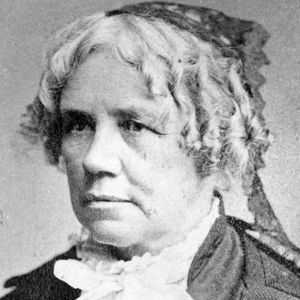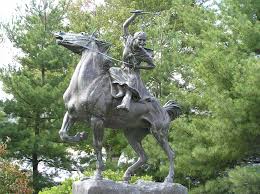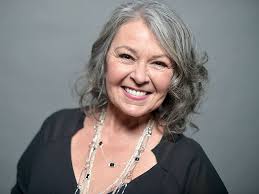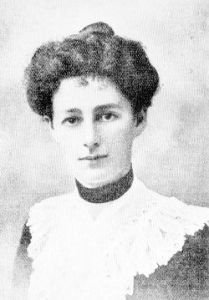 A Feminist a Day started back in October, as a little project intended to be short lived.
A Feminist a Day started back in October, as a little project intended to be short lived.
Every day for the month of October I would profile one woman who had done incredible things that paved the way for women today.
When October 31 rolled around, I realised I was nowhere near done. I was only getting started.
Inspired by the incredible women I discovered, each story led me to another, and now, as 2015 ends, I am determined to keep telling the often unrecognised stories of amazing women.
The most popular blog post was, unsurprisingly, Michelle Payne. My personal favourites were women whose efforts have given me the freedoms I have today – women like Margaret Sanger, Susan Ryan and Vida Goldstein. And Lisa Simpson, just for being awesome.
I was inspired by the women who spent their entire lives working to improve other women’s lives – like Jessie Street, Emmeline Pankhurst and our own Joan Kirner.
I loved the stories of women who risked their livelihoods, and in some cases, their lives, to stand up for what they believed was right – like the Dagenham Machinists, Nawal El Saadawi and Alice Paul.
And the modern feminists, like Caitlin Moran, Laura Bates and Destroy the Joint, who remind us that we still have a long way to go.
To those of you who read the blog every day – thank you. Your encouragement has been wonderful.
To those of you who have urged me to turn it into a book (a LOT of you!), it’s a really great idea, and I’ll keep you posted.
Please keep sending me suggestions for women to profile – I love hearing your ideas (just comment on Facebook, on the blog itself, or on Twitter @ceeemdee).
Most of all, I urge you to keep reading – and talk about these inspiring women with your friends, family and daughters. Women of the next generation should know the giants on whose shoulders they stand.









